If you’ve ever typed “Can I be sued for debt?” into a search bar, you’re one of many. These questions come up all the time and the uncertainty can feel overwhelming. You may be dealing with old medical bills, credit cards, or loans, the fear of legal consequences is real. But understanding the process can give you the clarity (and relief) you need to take back control.
Can You Be Sued for a Debt?
The short answer is yes, you can be sued for an unpaid debt. But that doesn’t mean it happens in every case. Legal action is typically a last resort, used when other collection efforts haven’t worked and when the account meets certain criteria.
In general, a creditor or collection agency may consider filing a lawsuit if:
- The balance is significant. Larger debts are more likely to justify the time and expense of legal action.
- There’s documentation. If there’s clear proof of the debt—like signed agreements or account statements—a lawsuit becomes more likely.
- Other efforts failed. Most companies try to recover the debt through calls, letters, or payment plans before pursuing legal options.
It’s also important to clear up a common fear: you can’t be arrested just for owing money. Debt lawsuits are civil matters, not criminal cases. However, a court judgment can still lead to serious outcomes, like:
- Wage garnishment (where a portion of your paycheck is withheld)
- Bank levies (where funds may be taken from your account)
- Credit reporting consequences (a judgment can appear on your credit report)
Knowing these potential outcomes isn’t meant to scare you, but it’s meant to help you take proactive steps before things escalate.
What Happens Before It Gets to That Point?
Lawsuits don’t come out of nowhere. There’s almost always a series of steps that take place well before a creditor takes legal action. Understanding those steps can help you act early and avoid further complications.
Here’s what typically happens:
- Delinquency: It starts with a missed payment. The account becomes past due, and the original creditor may apply late fees or interest while trying to contact you.
- Collections: If the debt stays unpaid, the creditor may hand it off to a collection agency—or sell it outright. At this point, someone new handles recovery efforts.
- Outreach: You may receive calls, letters, emails, or texts from the collector urging you to pay or work out a plan.
- Legal review: If those efforts don’t work, the creditor or agency may assess whether filing a lawsuit makes sense based on the amount owed, documentation available, and the chances of recovery.
The important thing to remember? You’ll usually receive multiple notices and opportunities to resolve the debt before a court date is ever considered. That window is your chance to take action while your options are still wide open.
Do You Have Rights During the Debt Collection Process?
Yes, you absolutely have rights, even if you owe the debt. The Fair Debt Collection Practices Act (FDCPA) protects consumers from unfair or abusive collection tactics.
Here’s what you’re entitled to under the FDCPA:
- Validation: You can request written proof that the debt is legitimate, especially if you don’t recognize it.
- Protection from harassment: Collectors can’t use abusive language, threaten you, or call before 8 a.m. or after 9 p.m.
- Dispute resolution: If you believe the debt is incorrect or not yours, you can send a written dispute. The collector must pause activity until the debt is verified.
These rights aren’t loopholes, but they’re guardrails to help you understand what’s owed and protect you from unfair treatment.
Note: FDCPA protections apply to consumer debts (like credit cards or medical bills). Debts related to insurance subrogation or other non-consumer claims may not fall under these protections.
What Should You Do If You’re Worried About a Debt Lawsuit?
If you’re losing sleep over the possibility of being sued, the best thing you can do is take early action. Staying silent can increase the risk of legal escalation.
Here’s how to take back control:
- Don’t ignore it. Even if you can’t pay it all, engaging early shows good faith and keeps the door open to options.
- Request documentation. Ask for validation of the debt if you’re unsure about its accuracy or origin.
- Negotiate a plan. Many collectors are willing to work with you. Payment plans, reduced settlements, or even hardship pauses may be available.
- Seek guidance. A financial counselor, legal aid provider, or advisor can help you weigh your options and avoid missteps.
Every step you take—no matter how small—can help de-escalate the situation and lead to a better outcome.
Lawsuits Are Avoidable, and Resolution Is Possible
Facing a debt situation isn’t easy. But ignoring it only makes things harder.
Lawsuits are rarely the first move—and often avoidable if you communicate early, ask the right questions, and explore your options. The most important thing? Don’t wait until things escalate.
If your debt has been referred to collections and you’re not sure what to do next, reach out. We’re here to talk through your options, explain your rights, and help you find the best way forward—with clarity, not pressure.

